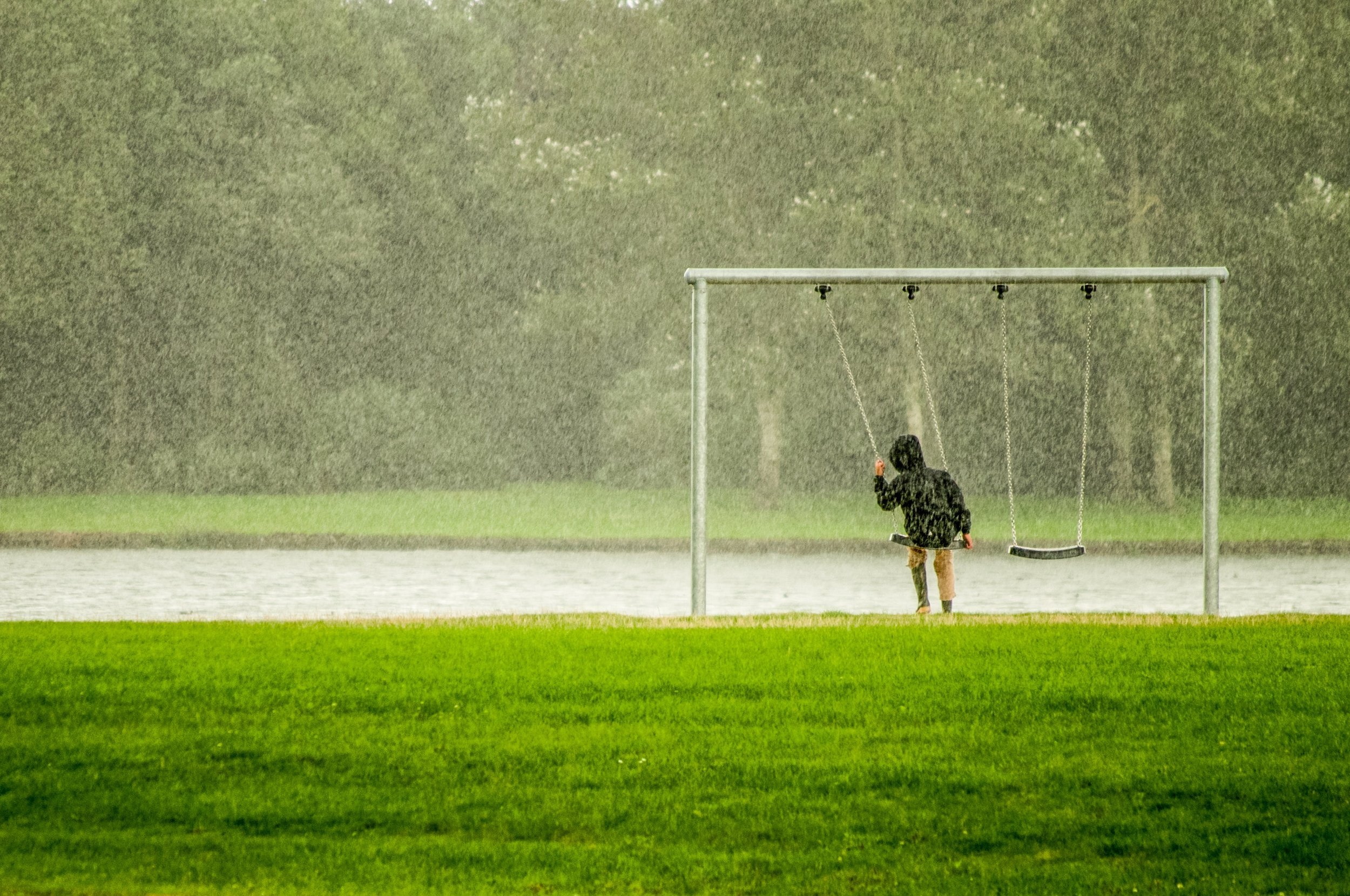The Church, the School, and the River
“There comes a point where we need to stop just pulling people out of the river. We need to go upstream and find out why they’re falling in.” —Desmond Tutu
When we first started to dream about what Shine could be, this idea of the river was a driving force behind our prayers. “Let’s invest in our schools and look upstream at one of the biggest glaring issues our students are facing: generational poverty.”
Here’s the tough reality about poverty—the longer you experience it, the harder it is to get out.
Here’s the tough reality about poverty—the longer you experience it, the harder it is to get out. It begins to change your thinking. When two generations of a family have experienced significant poverty, it becomes a very long river with no hope in sight for ever getting out.
The thing about going upstream is that it’s not really convenient. It’s a long walk and it’s pretty messy up there. It takes us out of our convenient, comfortable spaces. And then there’s that thing about pulling someone out…let’s be honest, it feels good to be the hero. We get to conveniently walk away, without as much of a splash of it on us.
Ruby Payne, in A Framework for Understanding Poverty, concludes that there are 9 resources that influence a person’s ability to achieve a flourishing life. Money is only one of them.
Payne’s research reveals that a person needs all 9 of these resources:
financial
emotional
mental
spiritual
physical
language
support systems
role models
knowledge of hidden rules.
Poverty is the extent to which an individual is without these resources.
When you work with families in generational poverty you begin to see that the convenient approach of pulling them out of the river is rarely sustained. Often this looks like providing a holiday meal to a family, supplies for students, a warm place to sleep for the night, or even money to solve the problem. We find that the community’s approach to addressing poverty is most often a focus on material resources, lacking effective results and often overlooking other important issues. These acts of generosity are loving and well-intentioned, however, these acts alone fall painfully short of addressing the other important resources that are lacking. No wonder there are so many still swimming in the river.
We find that the community’s approach to addressing poverty is most often a focus on material resources, lacking effective results and often overlooking other important issues.
Shine partners are trained in a wholistic approach to poverty alleviation. Our approach is an attempt to support a family in pulling themselves out of the river through a relationship. Over time and through relationship, we can address how they found themselves swimming in the first place. Partnering with Shine gives the church an opportunity to have a presence in the school, building relationships with students, teachers, and families. Shine’s formal agreement with the district allows the church to move beyond material donations to an upstream approach.
Shine’s formal agreement with the district allows the church to move beyond material donations to an upstream approach.
When you spend your time getting to know real people in poverty and you take the posture of just being curious, you find that what people really need is often not your stuff. Material goods bring momentary relief and are often appreciated, but they do not interrupt the cycle of river swimming.
“You say you care about the poor, tell me what are their names?” —Gustavo Gutierrez
The thing that strikes me about the life of Jesus was how inconvenient it was. He was the baby in the place where the animals slept. He hung out with the people that did not make him popular or help him network. He became poor so that we could be rich. He died so that we could live. He was God WITH us. He could have commuted from heaven. He could have rained down what we needed so that he didn’t have to be bothered with spending time with us. But his life and his mission on this earth was all about relationship and the upstream.

